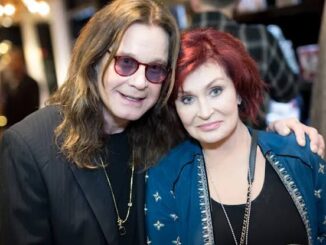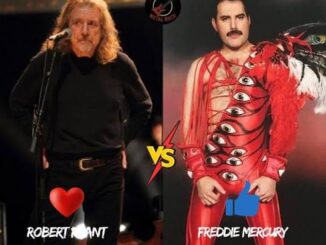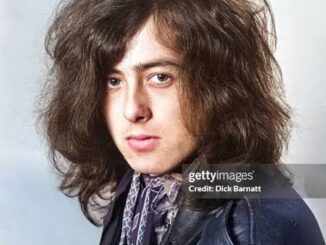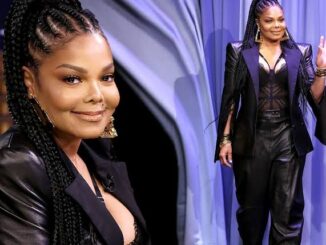
Dutch superstar Jutta Leerdam wins Winter Olympics gold, leaving fiancé Jake Paul in tears
Dutch speed skating sensation Jutta Leerdam delivered the defining performance of her career on the grandest stage, storming [MORE DETAILS]

Dutch speed skating sensation Jutta Leerdam delivered the defining performance of her career on the grandest stage, storming [MORE DETAILS]

Ozzfest may be on the verge of a long-awaited revival, with Sharon Osbourne revealing she is in early [MORE DETAILS]

Few debates in rock music spark as much passion as Robert Plant vs Freddie Mercury. Two frontmen. Two voices [MORE DETAILS]


In December 1968, a young Jimmy Page stood before the camera in a London studio, unknowingly capturing a [MORE DETAILS]

Got some exciting news to share with you’ll, mate! After months of planning, fine-tuning, and countless late-night strategy [MORE DETAILS]

Drenched in moody amber lighting, framed by plumes of theatrical smoke, and backed by a flawless live band, Janet [MORE DETAILS]

Few instruments in rock history carry as much mystique and legend as Eddie Van Halen’s Frankenstein guitar. Hand-built [MORE DETAILS]

The 2025 Global Citizen Festival was more than a concert—it was a cultural statement. With the backdrop of [MORE DETAILS]

Ariana Grande accepts the Best Pop Award for “Brighter Days Ahead” during the 2025 MTV Video Music Awards. [MORE DETAILS]
Copyright © 2026 | MH Magazine WordPress Theme by MH Themes